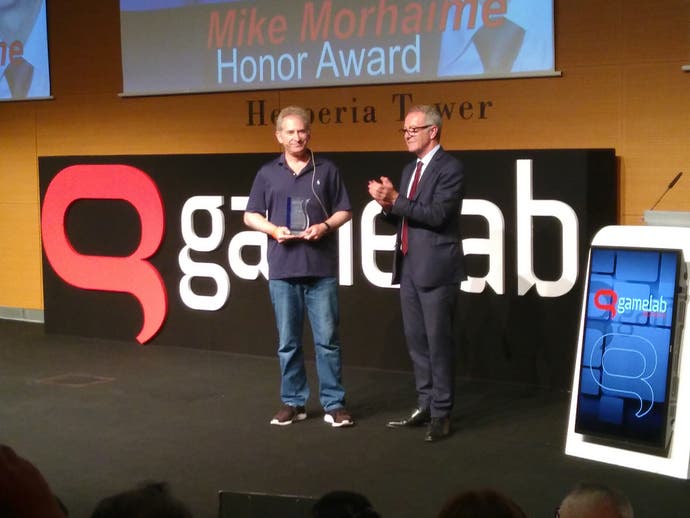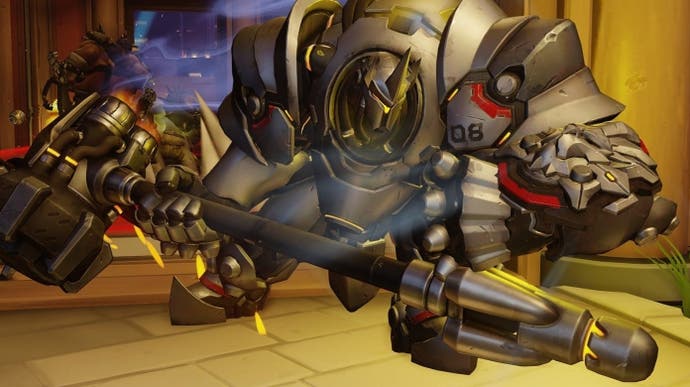Crunch is "not sustainable" but Blizzard wouldn't be Blizzard without it, founder says
"We need to find better ways of working."
Blizzard would not be where it currently is without periods of overwork or "crunch", the company's now-departed co-founder Mike Morhaime told Eurogamer at Gamelab this week. However, he feels that this way of working is "not sustainable" and that the industry as a whole is moving away from it.
"Blizzard has definitely evolved around crunch," Morhaime commented during a roundtable interview after an on-stage discussion of his 28 years at the company, which began life in 1991 as three-head studio Silicon & Synapse, Inc. "In our early days we crunched crazy hours to get the games done. I think if you're a small studio, you're living or dying by the success of the next project, it takes a lot of superhuman effort - or at least it did for us."
"I can't speak for other companies and I'm sure there are better ways of doing things, but for us, I don't think we would have been as successful if we hadn't put in everything that we had."

Some studio heads have defended periods of overwork as a mark of developer enthusiasm. Others style crunch a necessary evil, due to the uncertainties of games development - it's often hard to get a sense of what remains to be done until the final few months before ship, when the game begins to resemble a complete product. There is much evidence, however, that crunch is not only very bad for the well-being of the developers concerned, but bad for the quality of the game.
A study by Clinton Keith in 2008 found that software developers were ultimately much less productive for putting in an unhealthy amount of hours per week. Another report by Mothership Entertainment boss Paul Tozour in 2015 found that crunching on games correlates to lower Metacritic averages.
Morhaime agrees that crunching to ship games may do more harm than good. "That is not sustainable, and we need to find better ways of working, and so, I think you're finding companies are doing a lot better these days, managing sort of controlled crunches where people are working really hard, but they're not working 24/7.
"They're taking breaks, they're sleeping, and I think the larger companies are able to hire more staff. And actually even the smaller companies - there's a lot more money coming into the space these days, so even the smaller companies are able to get funded to do the work they want to do better than in the past."
Blizzard has recently declared its intent to move away from crunch. "Generally our policy on the team itself is we want to be a no-crunch team," John Hight, executive producer and vice president for World of Warcraft at Blizzard, told Eurogamer editor Oli Welsh in May. "We're not there 100 per cent yet, but we're really dramatically better than we were even five years ago, certainly 10 years ago. I think that very few parts of the team end up having to work any degree of overtime."
This article is based on Eurogamer's attendance at Gamelab. Travel and accommodation were covered by the conference.









